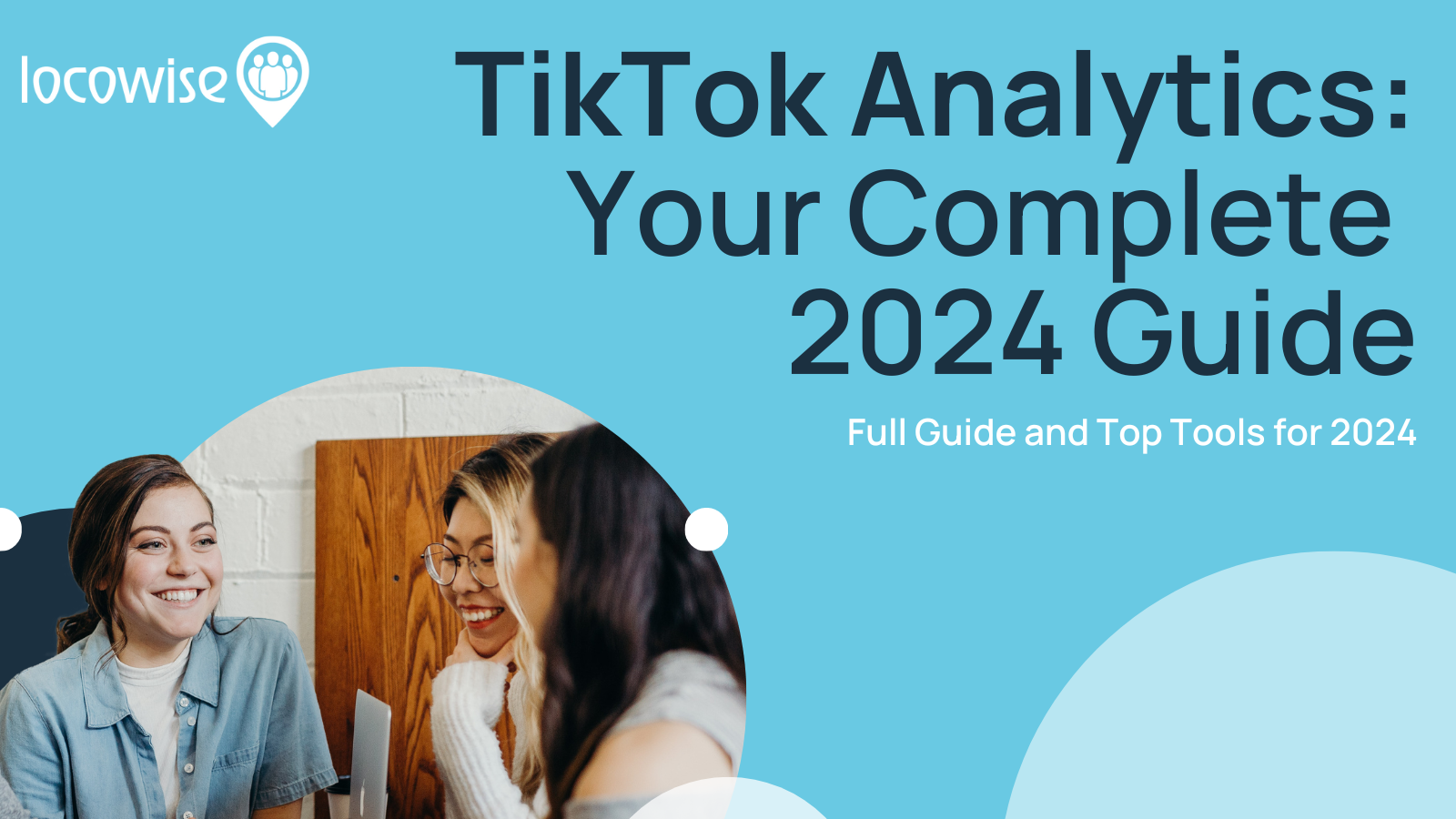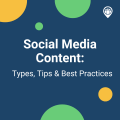How The British Music Industry Uses Instagram And Facebook
Sahail Ashraf posted on 27 November 2017
As any brand is aware, there are a few factors in social media work that prove the value of that work. For example, engagement means that your audience is clicking on and joining in your conversation, and interacting.
This is different to audience size or reach. Reach is the size of your audience that has seen your post. It’s basically how many people saw what you did on your account.
We have a new tool that allows us to rank thousands of brands around the world: Brand Leaderboards. We can rank on a number of aspects including the size of audience and engagement. And we can rank by industry or country too. It’s pretty exciting stuff.
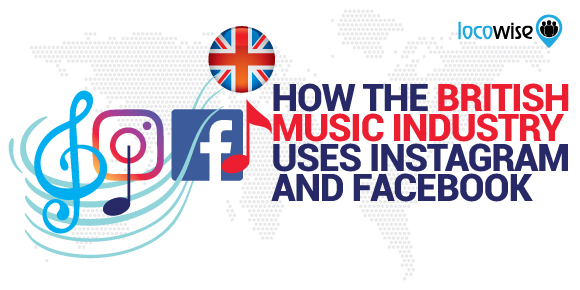
In this post, we’re going to see just how much insight we can gather from a particular industry in the UK, the music industry.
A vibrant industry on Facebook
What’s really exciting about the music industry on social media is that it seems perfect for the small brand as well as the bigger powerhouse accounts. That’s why our Brand Leaderboard has Defected Records at the top of the pile for total engagement.
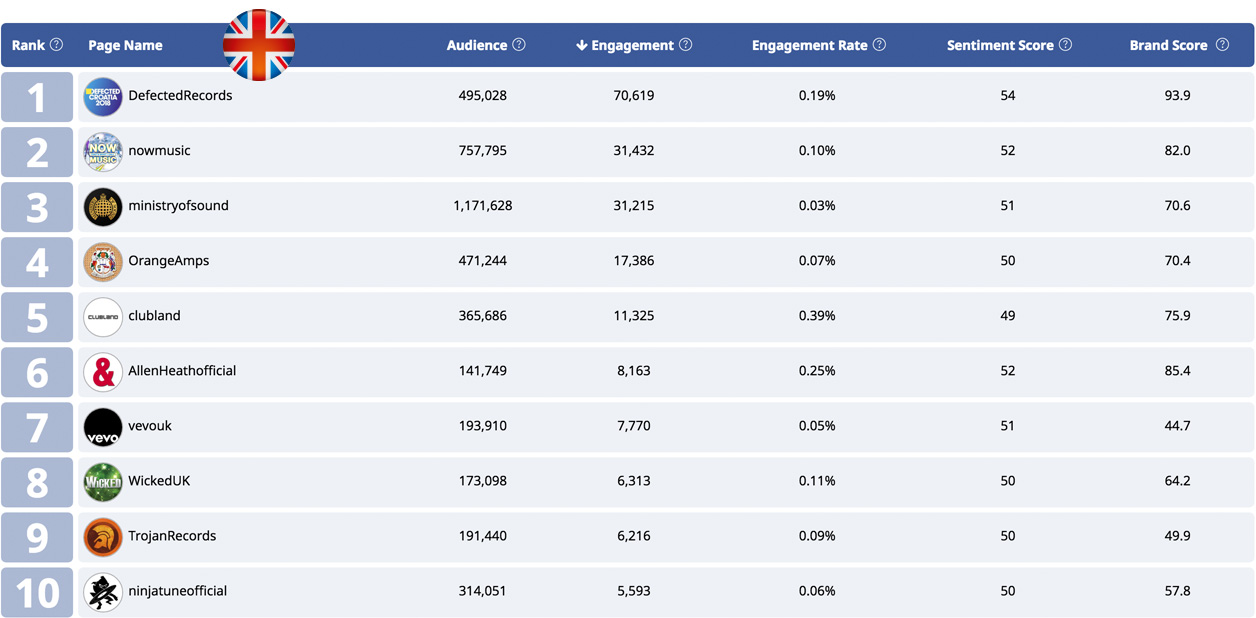
It has an audience in the UK that is half the size of its nearest rival for engagement, Ministry of Sound. This obviously means it is doing something right when it talks to its audience.
Taking a look at the data on Defected with Facebook, they have some impressive work going on:
• The audience total is at 495,028 people
• The total engagement over the last 28 days is at 70,619
• All the top posts were video posts.
• Across the month, 58 of the posts were video-based
• They posted 89 times in total
• The average post reach was at 146,627
• During the time period, engagement was down 27% compared to the previous month
What’s interesting here is that Defected have basically wiped out the competition on Facebook in this industry. They have less than half the audience of Ministry of Sound but have a more loyal and engaged following.
Taking a look at Ministry of Sound:
• The audience is 1,171,628
• Total engagement is at 31,215
Looking at the Facebook pages of these two, they are perfectly pitched towards how they market themselves to customers generally. The Ministry of Sound is a famous club that also branches out into very popular albums and other merchandise. Defected has a record label behind it, but has branched out (over time) with some events.
The event culture is always one which has proven fan loyalty. Tellingly, the very first thing you see on the Defected Facebook page is a flyer for upcoming events. They have latched onto the idea that their audience is actually interested in the events more than the records that are released.
The Ministry leads on their page with merchandise with the CDs and clothing featuring heavily. Then it covers events.
Both pages have a loyal fan base and play to this. They know what their fans are after primarily. Buttons on the Defected page ask if people are ‘interested’ in the live events. Ministry of Sound’s event details come up much later on their page.
The two pages are just differently structured. Then the reason why these pages are differently structured is found in the events listing both pages have. Defected are holding twice as many events in the run up to Christmas. This is obviously where the fans are happiest.
If we were to offer any advice here to either of the two brands, we would simply say to Defected that they need to keep on doing what they do. Even with a significantly smaller audience, they have wiped out Ministry for engagement.
And for Ministry, we would suggest they look at ways to make more engagement happen around their merchandise. Fans are loyal, but perhaps more competitions around the merchandise, for example, would make it a much more engaged audience.
A look at the Instagram situation
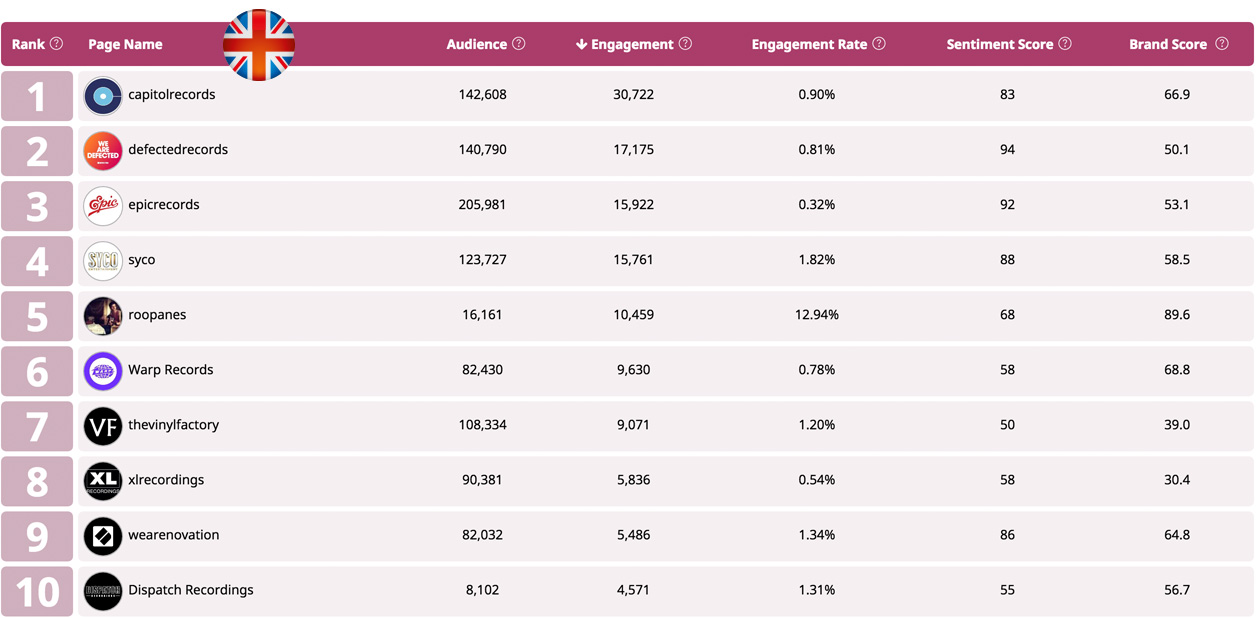
On Instagram, Capitol Records has a huge level of total engagement and is number one on the Leaderboard for October, but Defected is there again at number two. Again, here we have two brands with a different approach to their social media work.
Capitol has a huge history behind it, and a real commitment to individual artists. Their Instagram page has lots of posts around those individuals. Sam Smith, who has a new album out, is featured heavily. But at the same time, the page features a classic Beach Boys recording. It’s artist-centric, which fits in with the ethos of the brand.
Defected on Instagram is a brand that has nearly the same size audience that Capital has. Just less engagement. However, it stays true to its social media strategy with plenty of images centered around events.
And Ministry of Sound? Nowhere on our leaderboard. We checked out their Instagram and they are posting half as much as Defected are. They simply haven’t worked their Instagram as much as they could, perhaps.
And the rest?
Facebook obviously works for some brands in the music industry. One of the biggest names is at number four on our leaderboard. Now Music sells music, compilation albums to be exact, and has transformed from a seller of a physical product (LP, cassette and CD) into a huge seller of the very latest chart music. Many of the posts on their Facebook page are simply advertising the albums that are coming up, and this works perfectly for them.
The rest of our top ten on Facebook includes a musical (Wicked) and plenty of small independent music labels. It’s a similar picture on Instagram, with brands like Ninjatune and Hospital Records featuring in the top ten.
The feeling here is that the music industry on two of the biggest platforms, Facebook and Instagram, is ruled by the smaller brands, or at least brands that have a loyal following (because they’re small and create niche products). These brands play heavily to their audience, giving them what they want on each channel.
It is also pretty clear that a music brand can quite easily forge ahead on social if it plays to its strengths and focuses on ensuring that they engage with an audience. The Ministry of Sound just needs to work harder. At the same time, Defected and other brands like it are doing what they need to do, and achieving more success with smaller audiences.
Want to get your hands on this kind of information? Try Locowise Brand Leaderboards today for free. We track more than 200,000 brands from 150 countries and 100 industries. We track them on Facebook, Instagram and Twitter.


